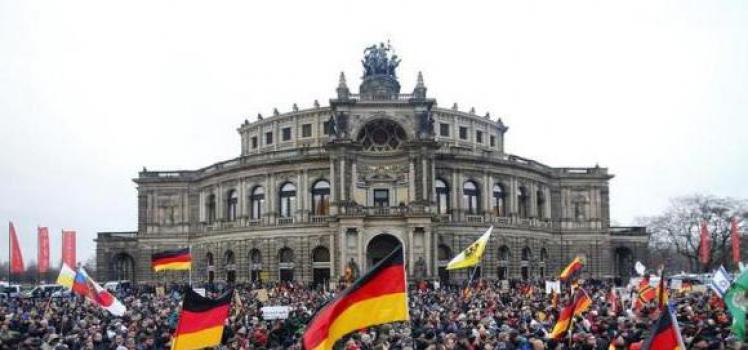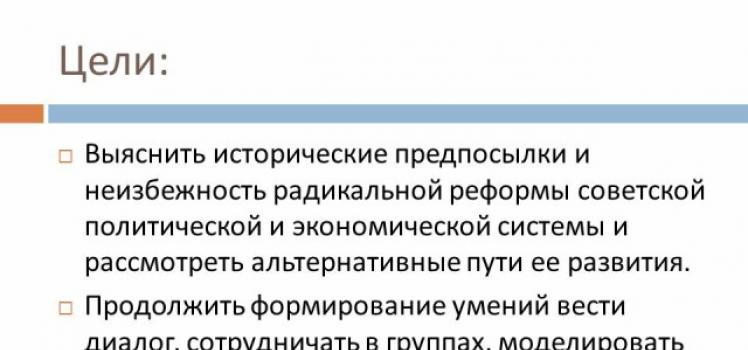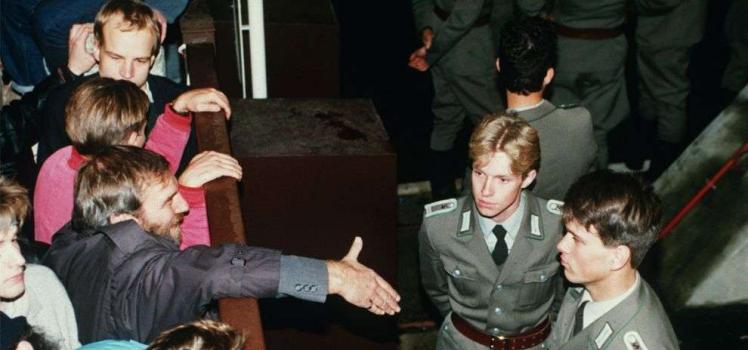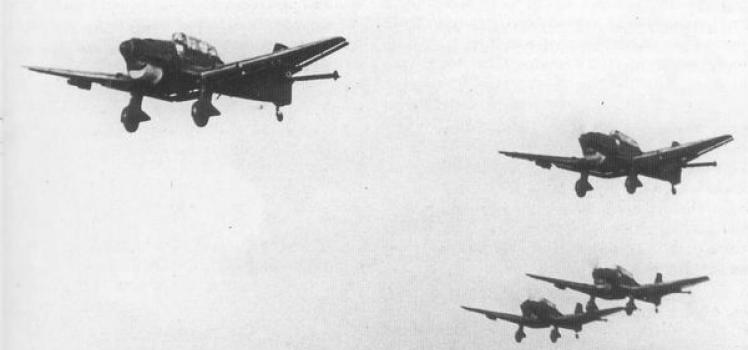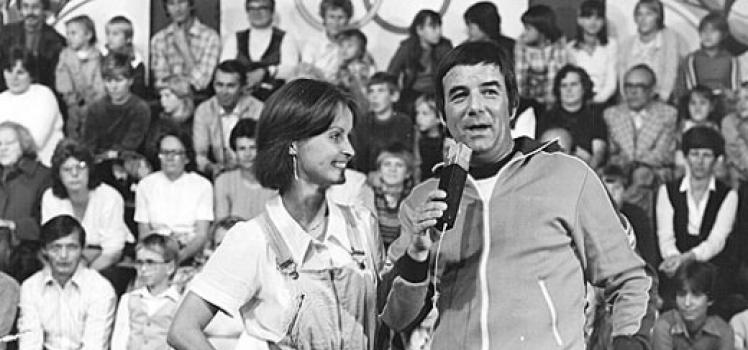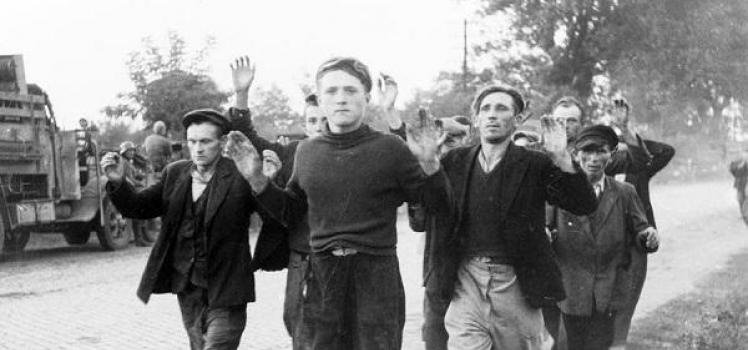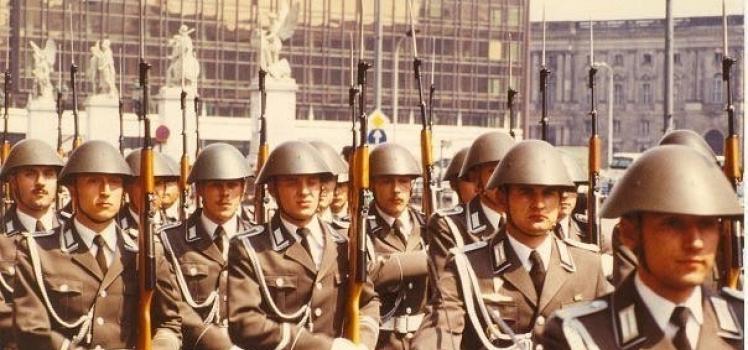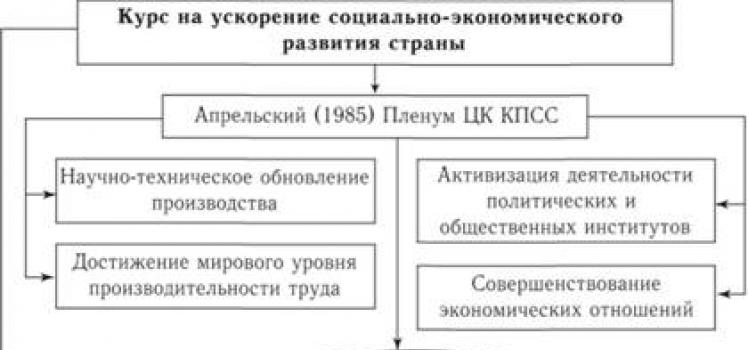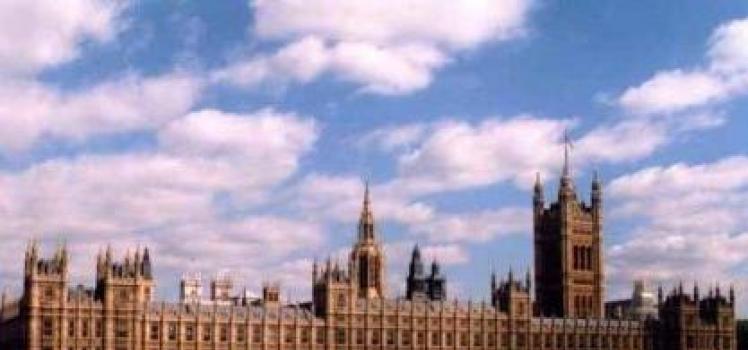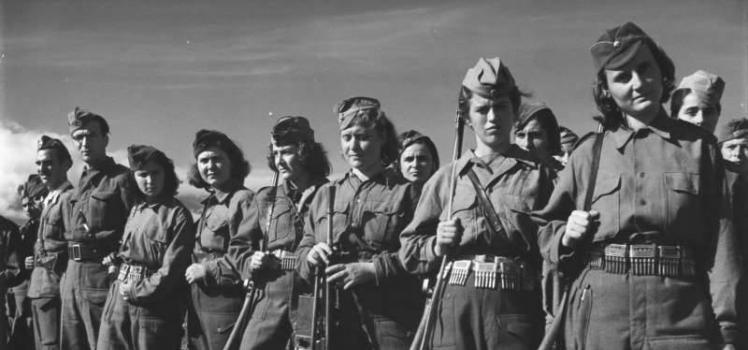The years 1945-1948 became a thorough preparation, which led to the split of Germany and the appearance on the map of Europe of two countries formed in its place - the Federal Republic of Germany and the German Democratic Republic. Decoding the names of states is interesting in itself and serves as a good illustration of their differences.
Back Forward Attention! Slide previews are for informational purposes only and may not represent all the features of the presentation. If you are interested in this work, please download the full version
Residents of the former GDR: the USSR abandoned us, and the West Germans robbed us and turned us into a colony. KP special correspondent Daria Aslamova visited Germany and was surprised to discover that 27 years after the fall of the Berlin Wall, the country remains divided
The attack on the Soviet Union occurred without a declaration of war in the morning hours of June 22, 1941. Despite the long preparation for the war, the attack turned out to be completely unexpected for the USSR, since the German leadership did not even have a pretext for the attack
Despite the fact that more than a quarter of a century has passed since the fall of the Berlin Wall, German sociologists still note such a phenomenon as “ostalgia.” In Germany, products with the brand “made in the GDR” are still in demand today. You can purchase them at
The largest war in human history, the Second World War became a logical continuation of the First World War. In 1918, the Kaiser's Germany lost to the Entente countries. The result of the First World War was the Treaty of Versailles, according to which the Germans deprived
Capital: East Berlin Largest cities: East Berlin, Dresden, Leipzig Language: German Currency: GDR mark Area: 108,333 km 2 Population: 16,675 million people Form of government: one-party socialist republic of Hermann
In March 1985, against the backdrop of the country's general desire for renewal, as a result of a behind-the-scenes struggle, a new political leadership led by M.S. came to power. Gorbachev. Having comprehensive information carefully hidden from society, and understanding that
Great Britain is a unitary country, the government system includes many traditions. The English monarch does not have absolute power, his prerogatives are conditional and are reduced to representative functions, although formally he is vested with all powers
April 10 is the International Day of the Resistance Movement. The Resistance Movement during World War II was the name given to the underground and insurrectionary struggle of the peoples of Europe against Nazi Germany and its allies. The most common forms of b

